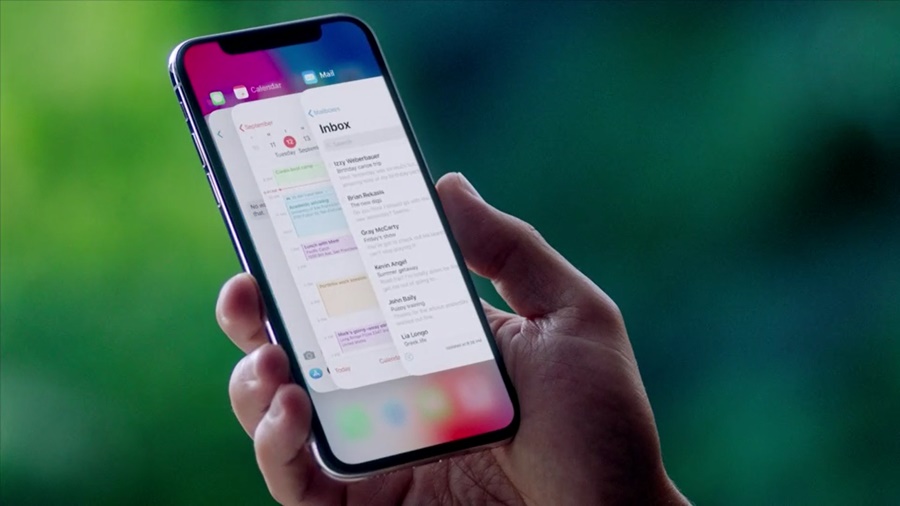Alongside the announcement of its new lineup of iPhones, Apple has also debuted its new mobile processor called the A11 Bionic at its recent September 2017 keynote. Alleged benchmarks have recently surfaced, which showcases the “ludicrous” performance output of Apple’s new SoC. Interestingly, the A11 Bionic chip managed to obtain significantly higher benchmarks scores compared to its competitors.
For those who aren’t aware, Apple’s new A11 Bionic mobile processor features six cores: two high-performance cores and four high-efficiency cores. You can read more on the processor here. That aside, let’s talk about the alleged benchmark scores, shall we?
 According to the benchmark scores found on Geekbench’s database, Apple’s A11 Bionic SoC boasts an impressive average single-core score of around 4,200. Meanwhile, the new mobile processor also managed to rack up an average multi-core score of around 10,000. Interestingly, the benchmark scores of the A11 Bionic SoC is somewhat on par, if not slightly better compared to the A10X Fusion chip (10.5-inch iPad Pro).
According to the benchmark scores found on Geekbench’s database, Apple’s A11 Bionic SoC boasts an impressive average single-core score of around 4,200. Meanwhile, the new mobile processor also managed to rack up an average multi-core score of around 10,000. Interestingly, the benchmark scores of the A11 Bionic SoC is somewhat on par, if not slightly better compared to the A10X Fusion chip (10.5-inch iPad Pro).
Now, let’s compare this with the processor found inside the Samsung Galaxy S8+. The mobile SoC on this phone comes with an average single-core score of 2,000 along with an average multi-core score of about 6,500 on Geekbench – there’s definitely a significant difference in performance between that SoC and the A11 Bionic chip.

 What’s even more impressive is the fact that the A11 Bionic SoC also comes with higher Geekbench 4 benchmark scores compared to notebook CPUs like the Intel Core M3, M5 and M7 (2016 MacBook) and it boasts almost similar benchmark scores compared to the new Core i7-7567U (13-inch MacBook Pro) as well.
What’s even more impressive is the fact that the A11 Bionic SoC also comes with higher Geekbench 4 benchmark scores compared to notebook CPUs like the Intel Core M3, M5 and M7 (2016 MacBook) and it boasts almost similar benchmark scores compared to the new Core i7-7567U (13-inch MacBook Pro) as well.
With these kind of performance, we wouldn’t be too surprised to see Apple manufacturing its own notebook CPUs in the future (or not). Of course, benchmarks scores can only say so much about a mobile processor. Other factors like efficiency, heat output and power consumption are also worth considering when comparing processors; so one shouldn’t be too quick to judge the A11 Bionic solely by its Geekbench scores.
Regardless, it’ll be interesting to see how well the A11 Bionic chip handles real life usage when Apple’s new iPhones become available.
(Source: Geekbench via Firstpost, AppleInsider, MacRumors)
Follow us on Instagram, Facebook, Twitter or Telegram for more updates and breaking news.



